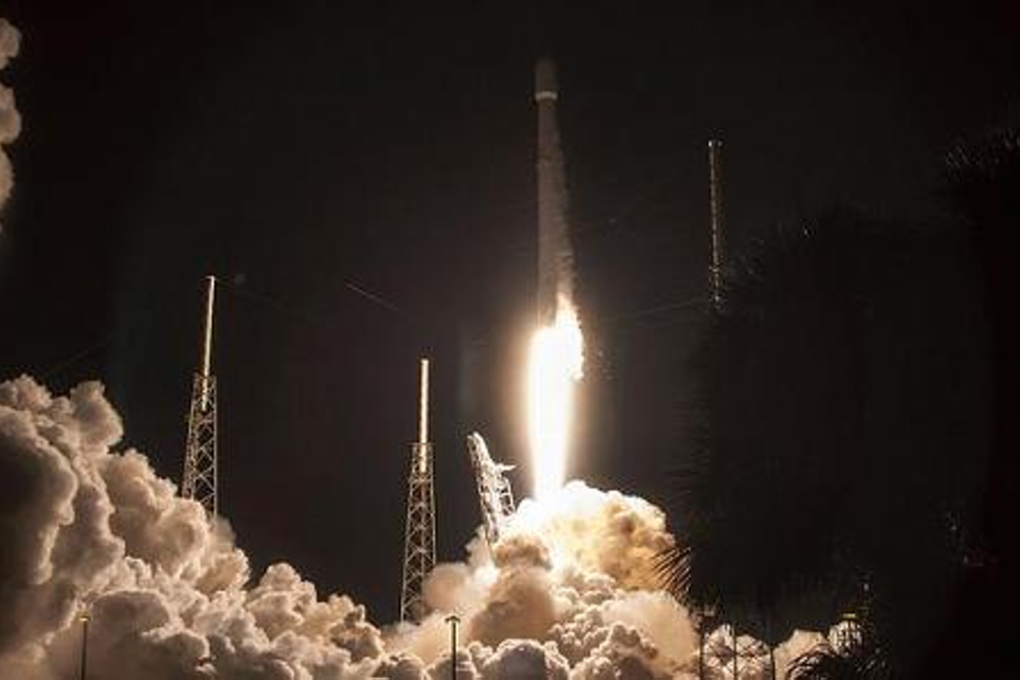SpaceX chief Elon Musk sets new bar on reusable rocket engine
‘This is ultimately a huge revolution in spaceflight,’ says Musk

By Robert Ferris
SpaceX CEO Elon Musk is pleased, but not satisfied.
California-based SpaceX achieved an unprecedented milestone Thursday night, by successfully launching a previously used portion of its Falcon 9 rocket, and then once again reclaiming it.
The rocket carried a satellite for communications provider SES into geosynchronous orbit, before landing on a drone ship called “Of Course I love You.” SpaceX has been launching satellites for Luxembourg-based SES for years, and SES reportedly received a discount on the launch for being the first client to launch with a reused rocket.
The launch “shows you can fly and re-fly an orbit-class booster, which is the most expensive part of the rocket,” Musk said on a SpaceX webcast during the flight. “This is ultimately a huge revolution in spaceflight.”
Musk congratulated his team via Twitter after the launch, and then immediately issued another challenge: reduce turnaround time between future launches to 24 hours.